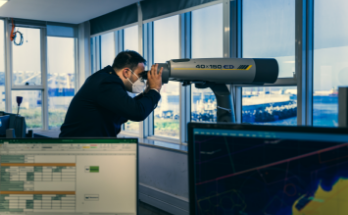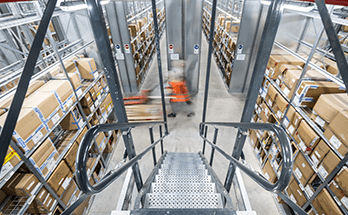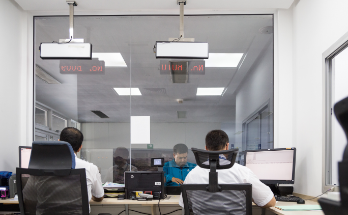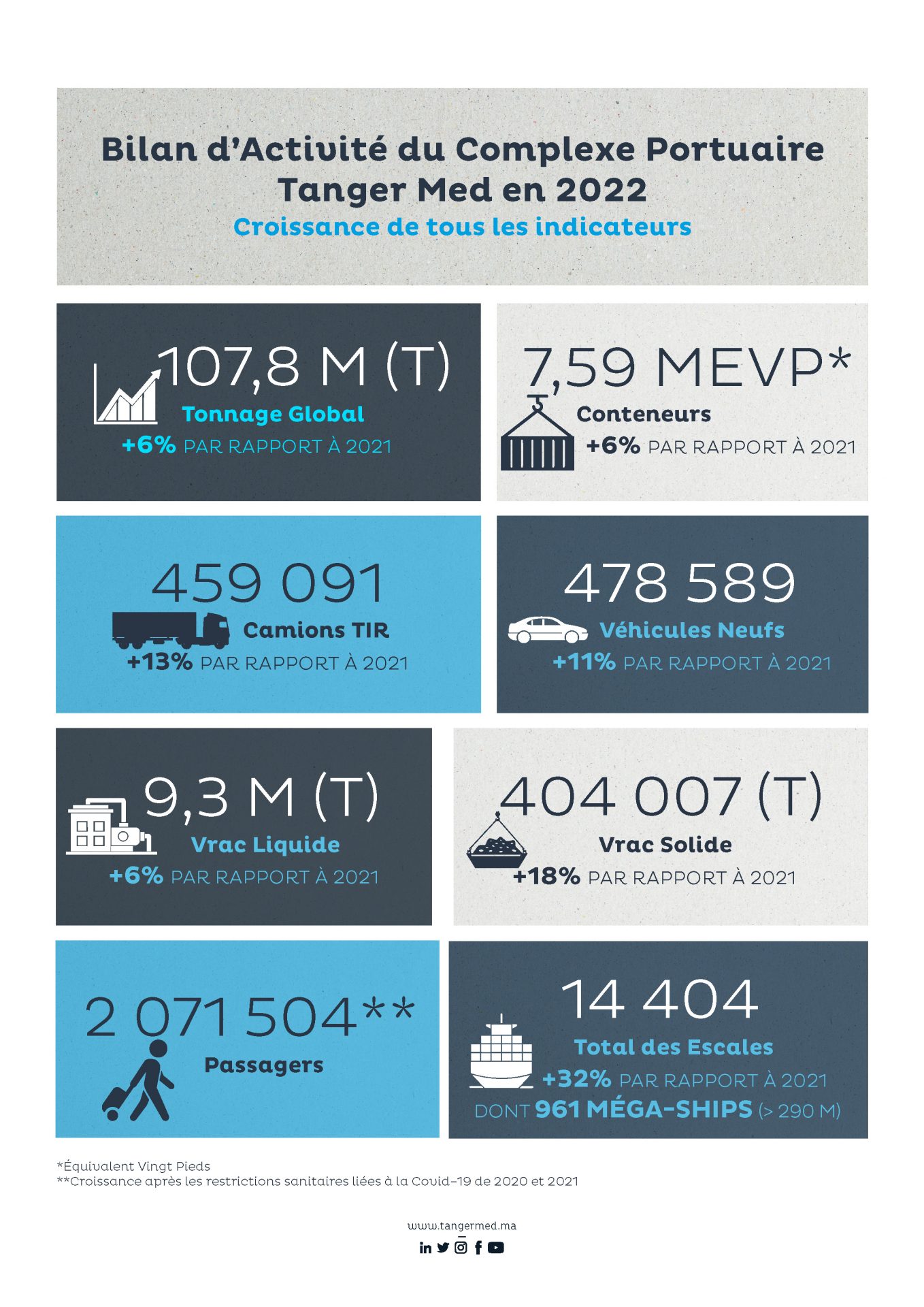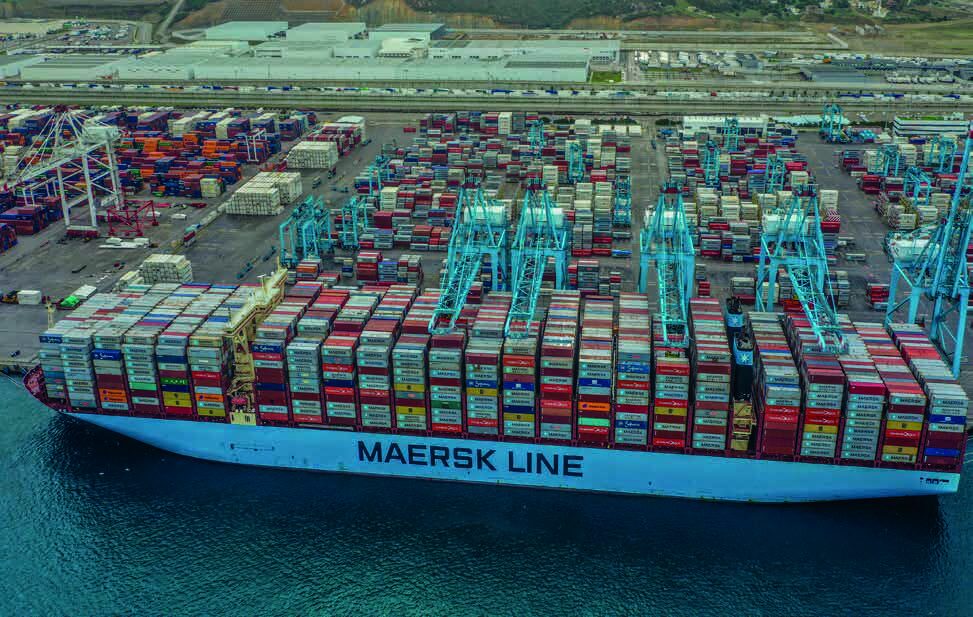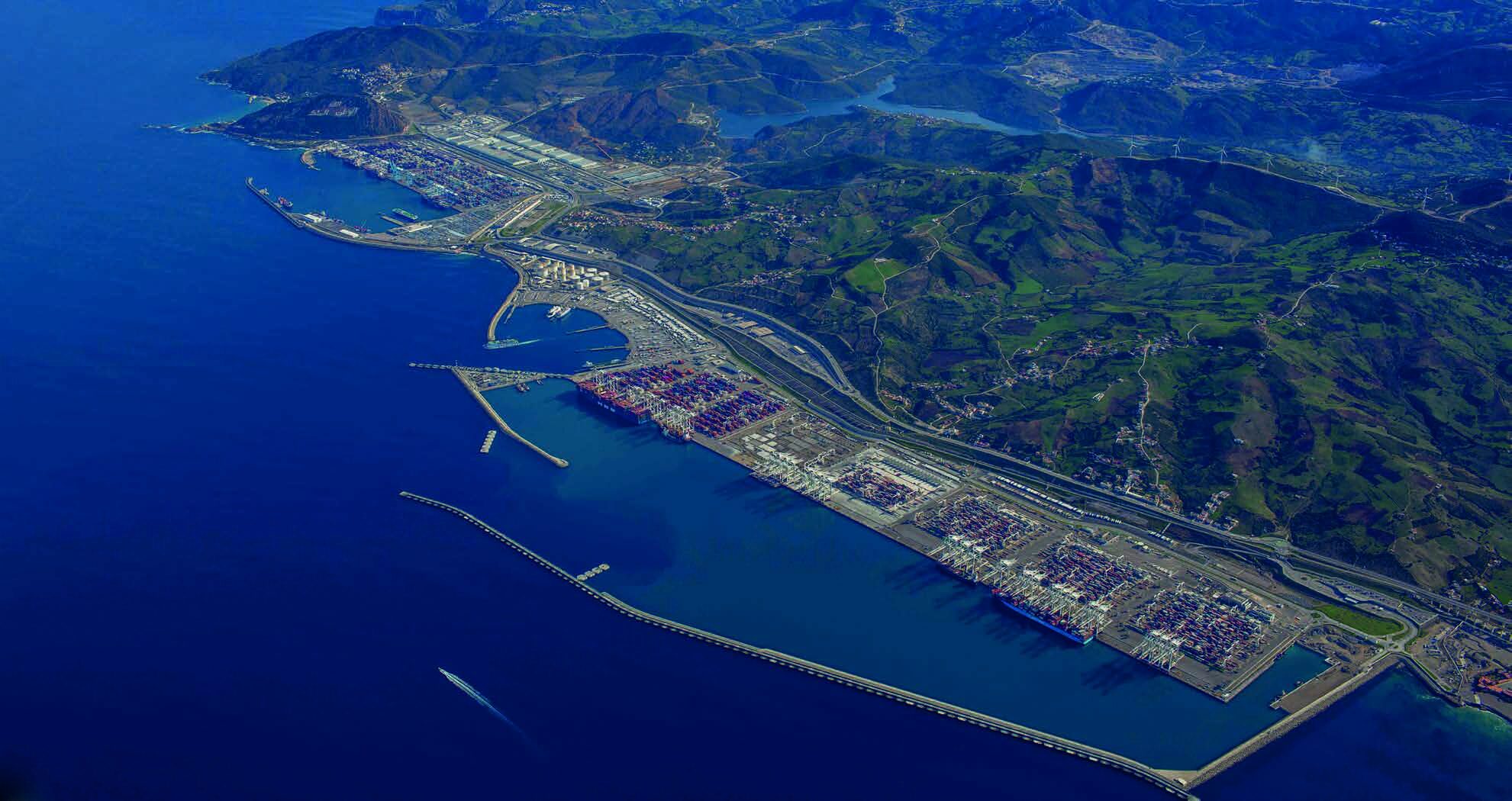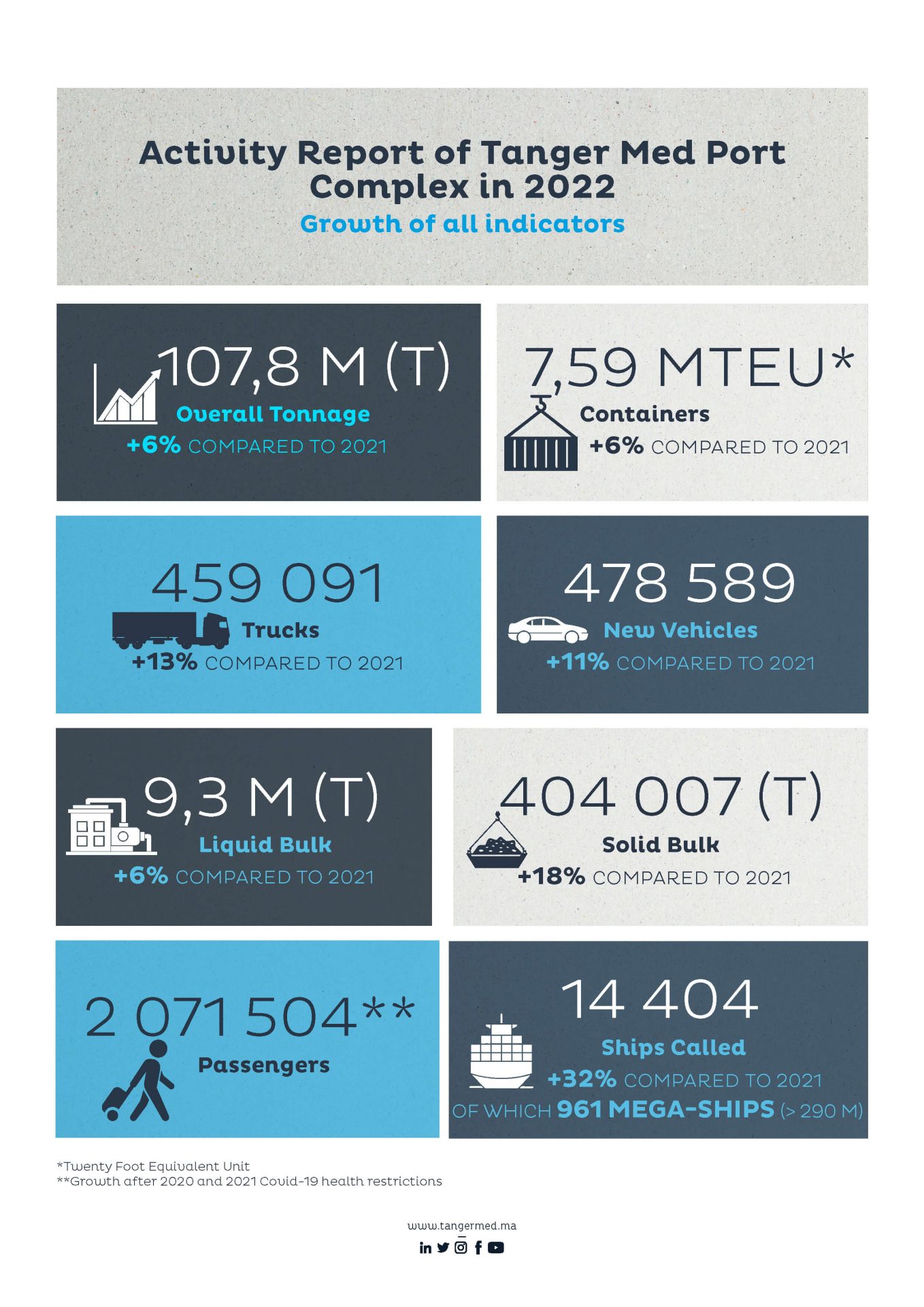
Mr. Ahmed Bennis, Secretary General of The Africa Economic Zones Organization stated “Special Economic Zones can trigger economic policy reforms, by promoting economic diversification and export while preserving domestic linkages. It can provide room for experimenting new policy approaches and regulations in areas like customs, legal, public-private partnership, sustainable development, and green industrialization initiatives.”
On the other hand, Prof. Adesoji Adesugba, the CEO of the Nigeria Export Processing Zones Authority (NEPZA) said “The free zone scheme has indeed opened implausible business opportunities for Nigeria, investors, enterprises and all the key stakeholders in the 30 years of its existence.”
The President of the African Development Bank and representatives of UNIDO and UNCTAD emphasized in their turn the role of SEZs in accelerating sustainable industrial value chains development. African Special Economic Zones are considered as one of the main instruments that stimulate sound economic reforms, promote quality Foreign direct investments (FDIs), and accelerate industrialization across the continent.
According to the African Economic Zones Outlook (Edition 2021), more than 200 SEZs are operational in Africa while 73 projects have been announced for completion in 47 countries. The land dedicated to SEZs is nearly 150,000 hectares while over $2.6 billion has been mobilized in investments dedicated to agro-processing, manufacturing and services.
AEZO is a continental association, initiated by Tanger Med in partnership with other special economic zones, and representing the main public and private institutions in charge of the development, management and promotion of economic zones in Africa.
Founded in November 2015 by Tanger Med Group, the association works to support African economic zones projects and strengthen relationships within its ecosystem. It has 82 members representing 42 countries.




